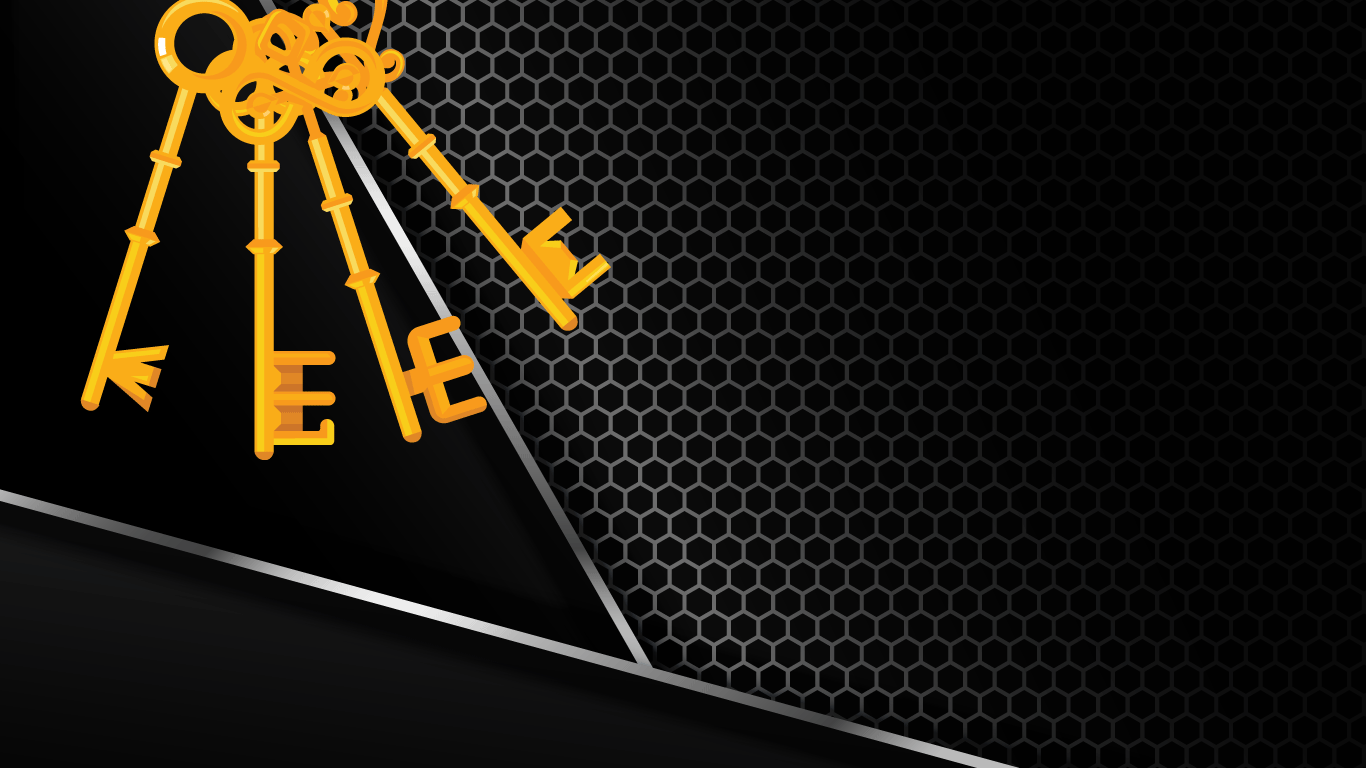
As I talk to more developers and digital marketing agencies, I'm surprised how many build a website and then hand the entire operation over to a non-technical individual or group, such as the end client or the agency's internal marketing team.
The reasons for doing this are clear. First, most developers and agencies don’t specialize in hosting and infrastructure so they distance themselves from it. As a result, the completed site is handed off and their hands are clean. Second, hosting is a low margin business. Why claim responsibility for something that has little to no revenue gain?
The problem arises when something goes wrong - and something will go wrong without proper precautions and processes. If you haven't prepared your client they will take their anger out on you or others in your agency.
Here are 4 recommendations to consider before handing over the keys to the website.
An obvious but often overlooked feature for websites is a proper backup plan. If you're lucky, you'll never have to use it. But if you chance it and don't set up daily backups, something always seems to go wrong.
First, if you're using WordPress and your hosting provider doesn’t provide file and database level backups, you'll definitely want to add a backup plugin. There are many to choose from, each with their own pros and cons. If you're using another proprietary installed system, like Sitefinity, you'll need someone to setup and maintain database and file system backups for you.
If you're using a SaaS platform, like Hubspot or Marketpath CMS, or a DIY platform like Wix, backups are handled automatically. But just in case, setting up a regular data export, or some other type of site backup, can't hurt.
Be sure to save your backups separately from the web and database servers that drive your website. Offsite backups are worth their weight in gold when needed.
As luck has it, you only need a backup when you fail to do regular backups. Don't put yourself in a position where you have to explain to your client that the site is gone and there is no way to recover it.
Website monitoring alerts you and your clients to outages as soon as they occur. At some point an outage will take place. The longer it takes you to become aware and resolve it, the more damage occurs. Loss of prospects, loss of revenue, and loss of credibility for you and your agency.
Even if you aren’t responsible for the site’s hosting, your client will likely blame you.
Outages occur for many reasons:
Having a website monitoring tool is essential to maintain website uptime. Some tools, like Pingdom, have additional benefits like page speed analysis.
Monitoring isn't restricted to just catching outages. You'll also need to monitor your site for available platform and plugin updates. Not acting on these can give hackers a big fat open door to sneak in and wreak havoc. Make sure update notifications go to a group email so more than one person sees it.
SaaS platforms, like Marketpath CMS, don't have this issue because updates are applied to all sites at the same time.
Clients need to understand that websites are living, breathing creatures. And just like a car or a home, they need ongoing maintenance. Without regular maintenance, websites can fall victim to being ignored and ultimately run into problems.
Website maintenance agreements detail the plan for keeping a site up-to-date. Clients explicitly agree to who is responsible for the maintenance, in writing. At a minimum agreements should discuss:
1-2 hours per month to provide platform updates and very small change requests is a start. Clients just spent a lot of money on their website, so they may not be up for this if asked at the end of a project. It's easier to sell in the beginning before they ever sign with you because clients don't like surprises. Be sure to stress this importance to your sales team or the agency’s owners.
If you are a part of the 50% of agencies that don't handle any hosting for customers then advocating for a signed memorandum of understanding is recommended. Just like cars and extended warranties, clients need to know the potential issues they face. And you don't want to be on the hook and derailed from other projects because you didn't cover the bases.
Plugins are the #1 security risk for open-source platforms. The challenge with other content management platforms like WordPress, is that they aren't very user-friendly for editors without plugins. They're a necessary evil to build a quality site.
You'll need to be strategic with what plugins you use. Only use plugins that have an active developer community, are updated regularly, and have a proper support mechanism in case you run into issues.
Imagine a non-technical user updates the CMS platform core because they saw an update notification. Now imagine one of the site’s essential plugins hasn't been updated for that release and references a core variable, method, or database column that no longer exists. The plugin dies and havoc is officially wreaked.
Then there are those plugins that worked perfectly three years ago but are now broken because they haven’t been updated. The developer simply jumped on their horse and rode off into the sunset and nobody has seen or heard from them since.
Active plugins generally aren’t affected by core updates because they are, well, active and stay on top of changes. Be cognizant of each plugin you install.
Developing websites is not easy. That's why you get paid the big bucks, right? But maintaining websites isn't easy either - at least when issues arise. Consider the recommendations above before you launch a site so whoever maintains that site is prepared for the adventure.
Marketpath CMS takes care of all the gory infrastructure details so you can focus on development. Let us handle backups, load balancing, availability, monitoring, security, and more.